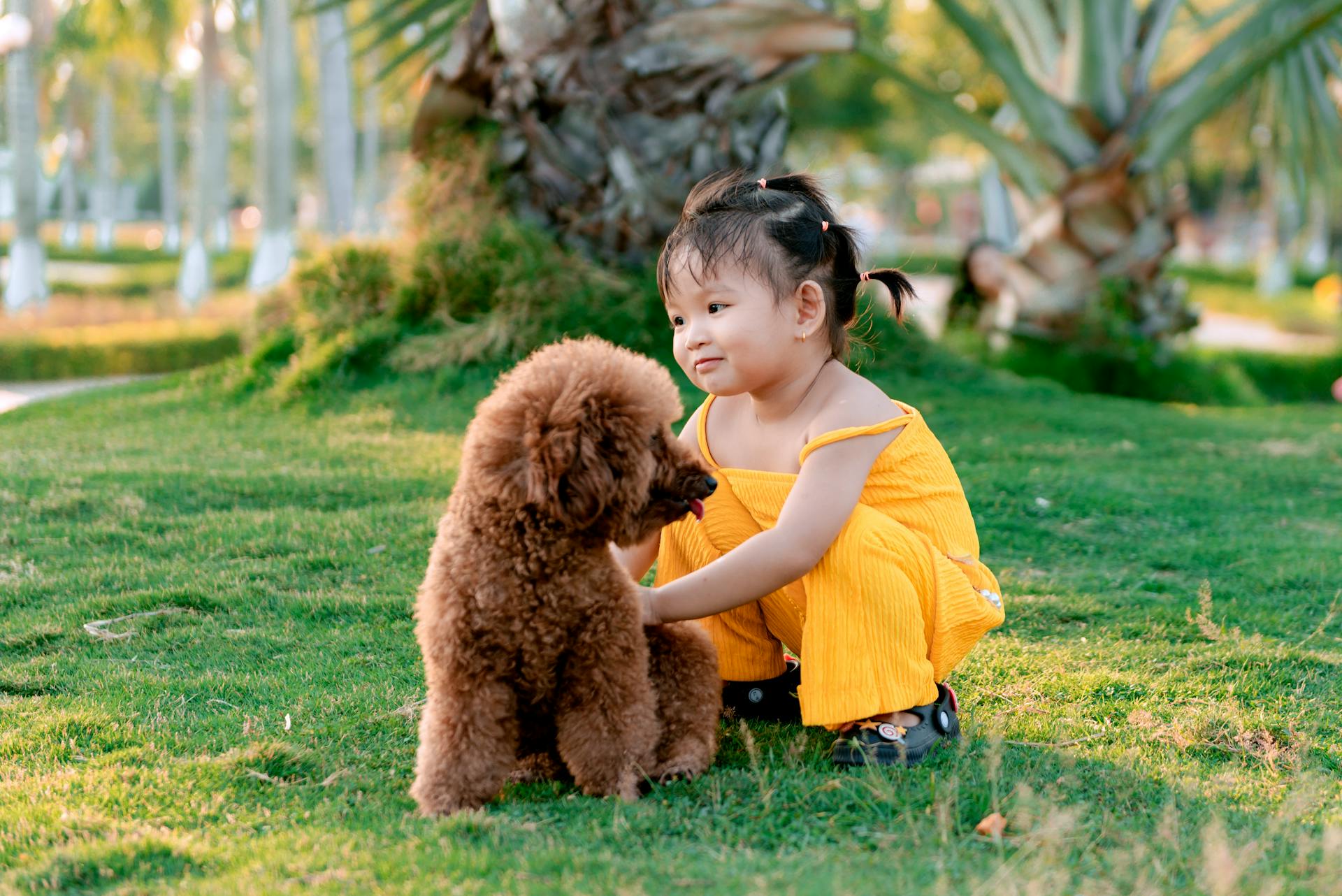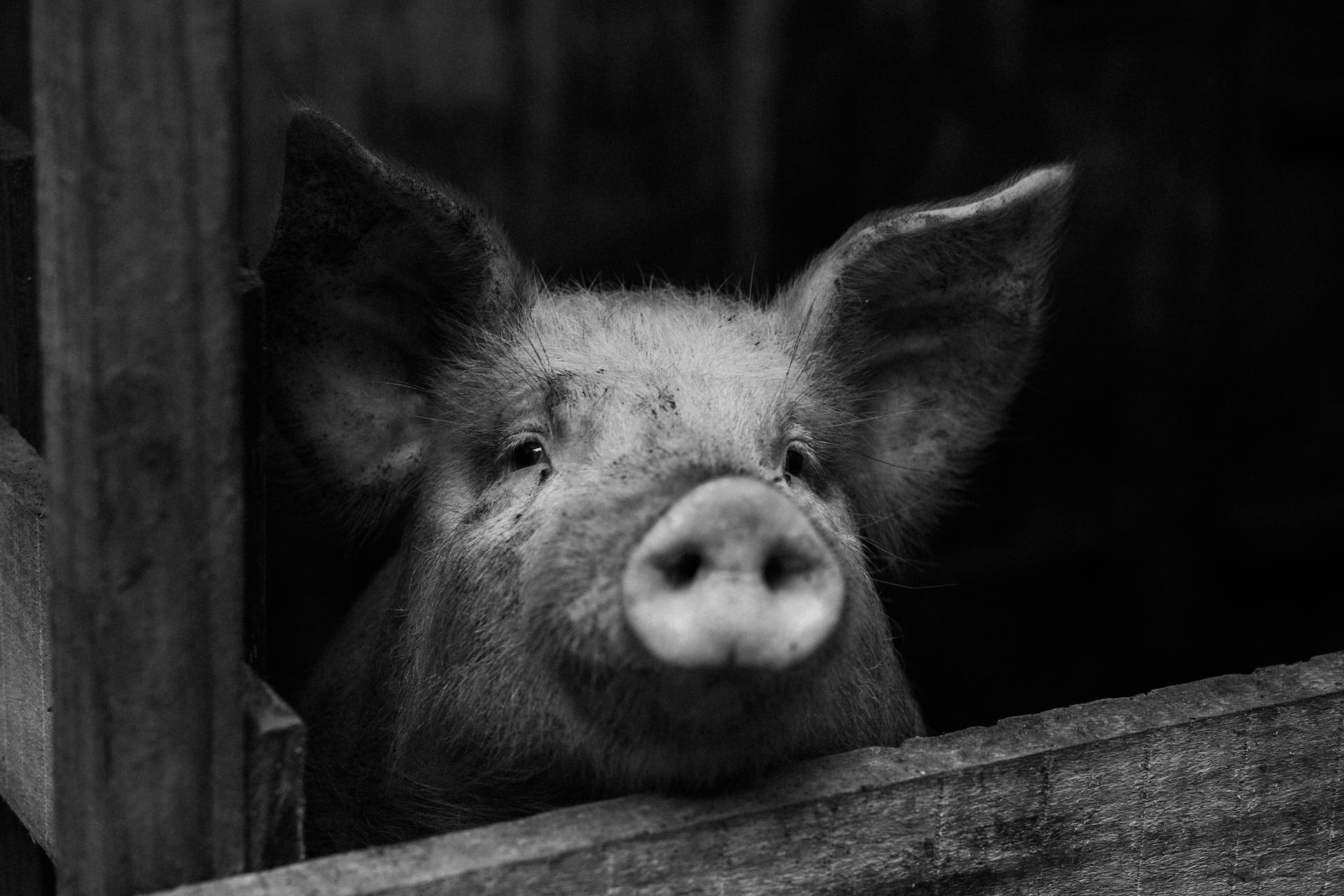
An ear bonnet, also called an equine fly bonnet, is a piece of horse tack that covers the horse's head and ears. fly bonnets are used to help keep flying insects out of the horse's ears, and to help keep the horse's head cool in hot weather. fly bonnets are made of a variety of materials, including Cotton, mesh, or straw.
There are many different styles of ear bonnets, and they can be found in a variety of colors. Some ear bonnets have a string or ribbon that goes under the horse's chin, while others tie around the horse's head. Many fly bonnets are decorated with a fringe, tassels, or other adornments.
Ear bonnets are used for a variety of purposes, including protection from insects and sun, and they can also help to keep a horse's head clean. fly bonnets can be used while riding, or they can be placed on a horse's head when the horse is not being ridden.
Some people believe that ear bonnets can help to calm a horse, and they may be used for this purpose. ear bonnets can also be used to help train a horse to accept a bit, or to help a horse who is resistant to being saddled.
There are a few things to keep in mind when choosing an ear bonnet for your horse. First, make sure that the ear bonnet fits your horse's head properly. Second, choose a style and color that you think your horse will be comfortable wearing. And finally, be sure to introduce the ear bonnet to your horse gradually, so that he can get used to wearing it.
What do ear bonnets do?
Ear bonnets are designed to protect a horse's sensitive ears from flies and other insects while riding. They also help to keep the horse's head cool in hot weather.
A horse's ears are very sensitive, and even a fly landing on them can cause the horse to startle. This can be dangerous for both the horse and rider, especially if the horse is spooked and bucks or rears.
Flies are attracted to the horse's ears because of the heat generated by the blood vessels there. In hot weather, ear bonnets help to keep the horse's head cool by shading the ears from the sun.
Some ear bonnets also have a fly veil attached to the front, which further protects the horse's face from insects.
Ear bonnets are usually made from lightweight, breathable materials such as cotton or mesh. They should be sized to fit snugly on the horse's head without being too tight.
Some horses object to wearing ear bonnets, especially at first. It is important to introduce them slowly and make sure the horse is comfortable before riding.
How do ear bonnets work?
Horse ear bonnets, also known as fly veils, wraps or bonnets, are pieces of horse tack that are worn over the horse's ears to protect them from flies and other insects. They also help to keep the horse's mane and forelock in place, and can be used to keep the horse's head clean and free of sweat. Ear bonnets are often made of cotton or other breathable fabric, and usually have an elastic band that goes around the horse's head to keep them in place.
Most horse ear bonnets have a solid fabric panel that covers the horse's ear, and a mesh panel that covers the horse's face. The solid panel helps to keep the horse's ear from being irritated by the fly veil, and the mesh panel allows the horse to see and hear while still protecting them from insects. Some ear bonnets also have a second layer of mesh that goes over the first layer, to provide even more protection from insects.
Horse ear bonnets are available in a variety of colors and styles, to match the horse's coat or rider's preference. They are typically easy to put on and take off, and can be adjusted to fit a variety of horse head sizes. Ear bonnets typically last for several seasons, and can be laundered as needed.
Why do horses wear ear bonnets?
Horses are very sensitive to sound and can be easily spooked by sudden loud noises. They are also very sensitive to the sun and can get sunburned easily. Wearing an ear bonnet protects their ears from both the sun and loud noises.
How can ear bonnets help horses with anxiety or stress?
There are many ways that ear bonnets can help horses with anxiety or stress. One way is by providing the horse with a physical barrier between their ears and the outside world. This can help to muffle any loud noises that may be causing the horse stress, and can also help to keep their ears warm in cold weather. Additionally, the pressure of the bonnet against the horse's head can help to provide a sense of security and can be calming for some horses. The fabric of the bonnet can also be soothing for some horses, and the bonnet can be used to cover up any potential scares on the horse's head that may be causing them anxiety.
Another way that ear bonnets can help horses with anxiety or stress is by providing them with a sense of routine. Many horses are comforted by routines and by having a set schedule of when they will be wearing their ear bonnets. This can help to provide a sense of stability for horses that may be feeling anxious or stressed. Additionally, the process of putting on and taking off the ear bonnets can be calming for some horses. The horse may enjoy the sensation of the bonnet being put on their head, and may find the process of taking it off to be equally calming.
Lastly, ear bonnets can help horses with anxiety or stress by helping to reduce distractions. Horses that are feeling anxious or stressed may benefit from having something over their eyes that can help to block out any potential sources of distraction. This can help the horse to focus on the task at hand and to feel less anxious or stressed. Additionally, the ear bonnets can help to reduce the horse's field of vision, which can be helpful for horses that are feeling overwhelmed by their surroundings.
Do all horses need to wear ear bonnets?
There is much debate on whether or not all horses should wear ear bonnets. Some people believe that horses should only wear ear bonnets if they are prone to spooking or if they are participating in a high-stress activity, such as racing. Others believe that all horses should wear ear bonnets to protect their ears from insects, debris, and other potential hazards. Ultimately, the decision of whether or not to bonnet a horse's ears is up to the owner or trainer and what they feel is best for their horse.
There are several reasons why some people believe all horses should wear ear bonnets. One reason is that ear bonnets can protect a horse's ears from insects. Horse flies, in particular, are attracted to the soft, fleshy tissue inside a horse's ears and can bite and sting the horse, causing pain and irritation. Wearing an ear bonnet can help to deter horse flies and other insects from bothering the horse's ears.
Another reason why some people believe all horses should wear ear bonnets is that they can help to protect the horse's ears from debris. If a horse is running through brush or tall grass, small twigs and seeds can enter their ears and cause discomfort. Wearing an ear bonnet can help to keep the horse's ears clean and free of debris.
Finally, some people believe that all horses should wear ear bonnets to help protect their ears from potential injuries. If a horse is spooked or startles easily, the long, dangling ear flaps can get caught on branches or other objects, potentially injuring the horse. Wearing an ear bonnet can help to prevent this from happening.
While there are several reasons why some people believe all horses should wear ear bonnets, there are also some reasons why some people believe that only certain horses should wear them. One reason is that ear bonnets can obstruct a horse's hearing. This can be a problem for horses that are participating in activities where they need to be able to hear clearly, such as during a fox hunt. Another reason why some people believe that only certain horses should wear ear bonnets is that they can be uncomfortable for the horse. If a horse is not used to wearing an ear bonnet, it can take some time for them to get used to the feeling. Additionally, if the ear bonnet is not fitted properly, it can rub on the horse's ears and cause discomfort.
Ultimately,
How do you properly fit a horse with an ear bonnet?
A horse's ear bonnet, also known as an ear net, fly veil, or fly hat, is a piece of horse tack that covers the horse's ears to keep flies and other insects out. There are many different styles and designs of ear bonnets, and each has its own purpose. For example, some ear bonnets are made to keep the horse's ears warm in cold weather, while others are designed to protect the horse's ears from the sun and UV rays.
When choosing an ear bonnet for your horse, it is important to consider the horse's individual needs. For example, if your horse is prone to ear infections, you will want to choose an ear bonnet that is made from a breathable material. If your horse is sensitive to noise, you will want to choose an ear bonnet that helps to muffle sound.
Once you have selected the right ear bonnet for your horse, you will need to properly fit it. The first step is to place the ear bonnet over the horse's head, making sure that the ears are through the ear holes. The next step is to adjust the bonnet so that it is snug but not too tight. You should be able to fit two fingers between the horse's ear and the ear bonnet.
Once the ear bonnet is in place, you will need to secure it. The most common way to do this is with an elastic band that goes around the horse's head. Some ear bonnets also have a Velcro strap that goes under the horse's chin.
If you are using an ear bonnet for the first time, it is a good idea to practice putting it on and taking it off a few times before using it on a ride. This will help you to get the hang of it and to make sure that you are doing it correctly.
Ear bonnets are a great way to keep your horse's ears clean, protected, and comfortable. When used correctly, they can help to make your horse's life more enjoyable.
What are some common problems that can occur if a horse is not fitted properly with an ear bonnet?
There are a few different problems that can occur if a horse is not fitted properly with an ear bonnet. One is that the ear bonnet may not stay in place and can fall off, which can be frustrating for both the rider and the horse. Another problem is that the horse's ears may not be protected from the elements as well as they could be, which can lead to discomfort or even pain. In extreme cases, improperly fitted ear bonnets can cause damage to the horse's ears.
Are there any other uses for ear bonnets besides for horses?
There are many other uses for ear bonnets besides for horses. They can be used for a variety of animals, including dogs, cats, rabbits, and even monkeys. Ear bonnets can also be used for humans, to help keep their ears warm in cold weather or to keep their hair out of their face while doing activities such as swimming or biking. There are even ear bonnets available that are specifically designed to be used with headphones, to help keep the headphones in place and to reduce noise.
Frequently Asked Questions
Why is it called a bonnet?
The word bonnet comes from the French word bonté, meaning “kindness.” The original meaning of the word was to refer to a type of material, usually made from cloth, that was worn on the head. From the 18th century onward, bonnets became popularly adopted by high fashion women for informal purposes, such as going out to social events. However, until at least the late 19th century, bonnet was the predominant term used for female hats.
What is an ear bonnet for horses?
An ear bonnet is a type of headgear that covers a horse's ears to keep flies and other bugs away.
Why do show Jumpers wear ear bonnets?
Ear bonnets are worn by show jumpers to keep flies and other bugs away from their horses' ears. Ear bonnets can also help to keep horses calm during transportation.
What are the benefits of wearing a bonnet?
When worn during the night, a bonnet helps to prevent friction between your hair and pillowcase which can lead to new tangles. Additionally, wearing a bonnet during the day will help reduce the amount of frizz you wake up with. Wearing a bonnet also helps protect your hair from split ends, which can be damaging to your hair.
What is a hair bonnet?
A hair bonnet is a special cap made for protecting hair during sleep time. It has been around for many years especially in communities of women with hair type 4. Allure describes hair type 4 as "coily" hair. A good hair bonnet is made with silk or satin material, is comfortable to wear and keeps your hair protected from frizzing and damage while you sleep.
Sources
- https://kembeo.com/why-do-horses-wear-ear-bonnets-1660753998
- https://drdavidmarlin.com/members-reviews-what-do-our-members-think-of-the-ear-bonnets-and-acoustic-ears-they-tested/
- https://www.budgetequestrian.com/what-is-an-ear-bonnet/
- https://www.ridingwarehouse.com/Horse_Ear_Bonnets__Ear_Plugs/catpage-EARBONNET.html
- https://www.youtube.com/watch
- https://drdavidmarlin.com/webinar-ear-bonnets-acoustic-ears-tested-by-dr-david-marlin/
- https://www.horseforum.com/threads/how-to-use-an-ear-bonnet.269578/
- https://www.ridinghall.com/why-do-olympic-horses-have-hats/
- https://speakergy.com/how-do-wireless-earbuds-work/
- https://www.iloveheadgear.com/why-do-mennonites-wear-bonnets/
- https://www.besthorserider.com/horse-ear-covers/
- https://kembeo.com/why-do-horses-wear-hats-over-their-ears-1660729594
- https://animalsatdoor.com/why-do-jumping-horses-wear-ear-covers/
- https://www.youtube.com/watch
- https://www.ridinghall.com/why-do-horse-riders-wear-hats/
Featured Images: pexels.com


